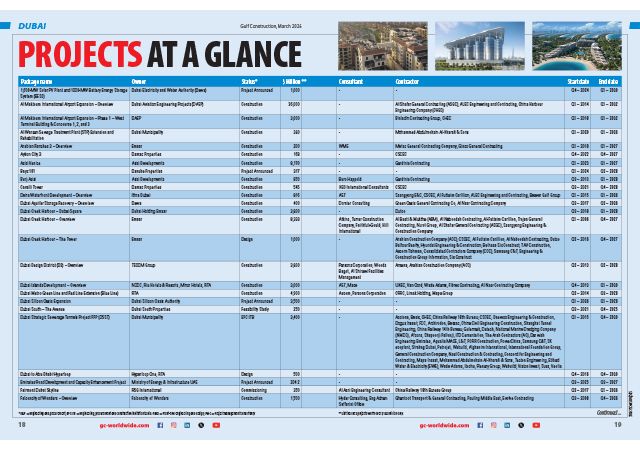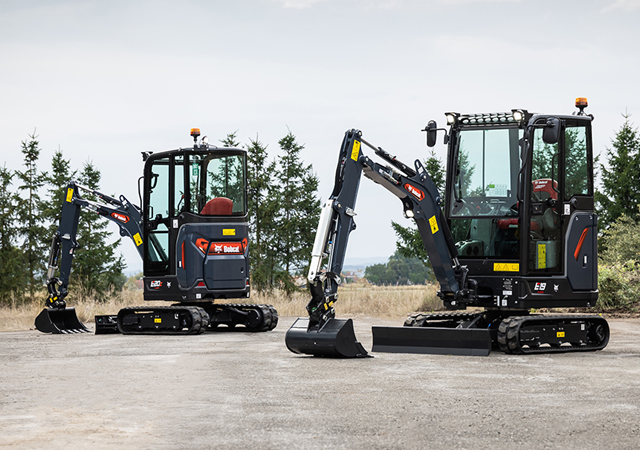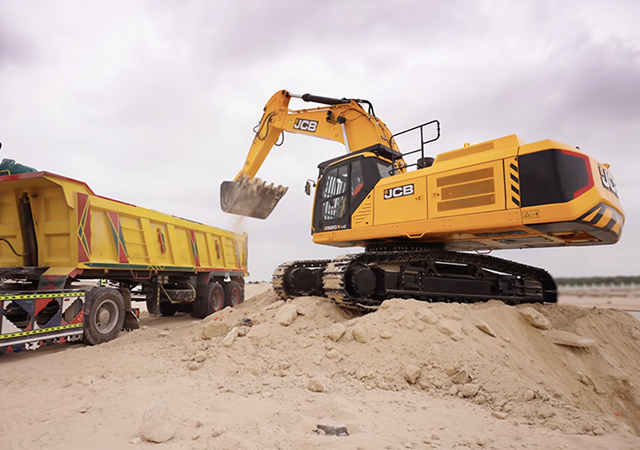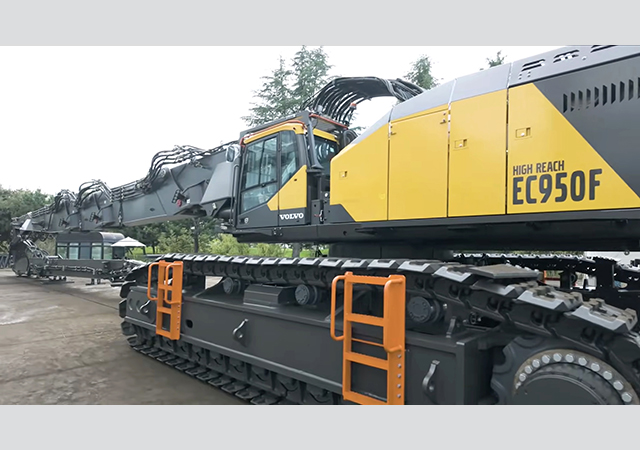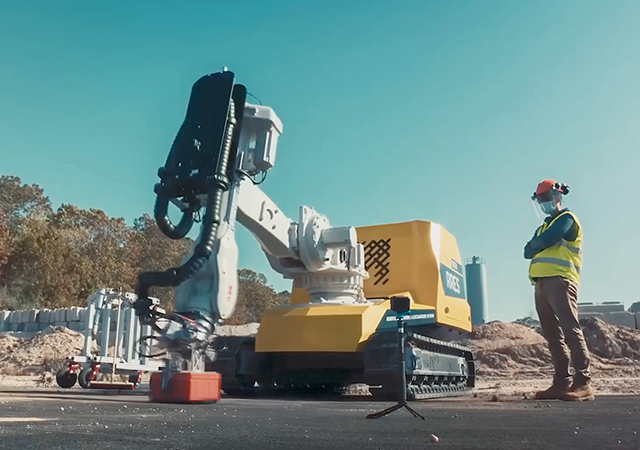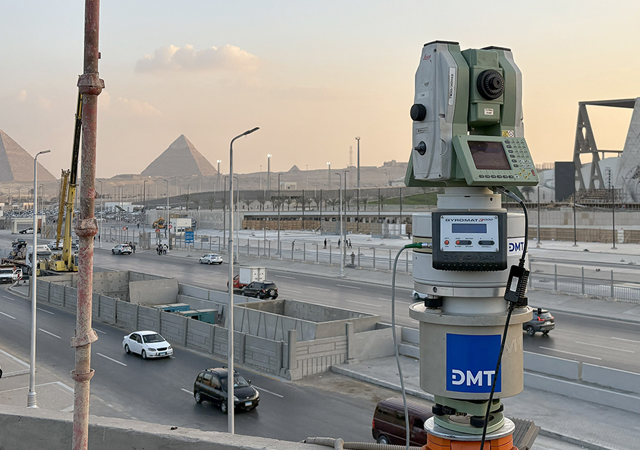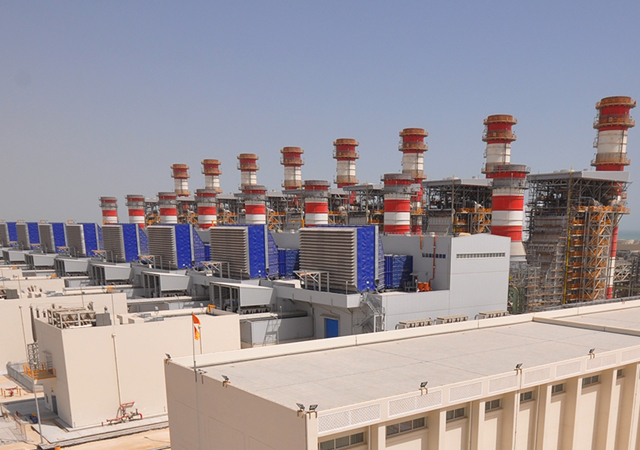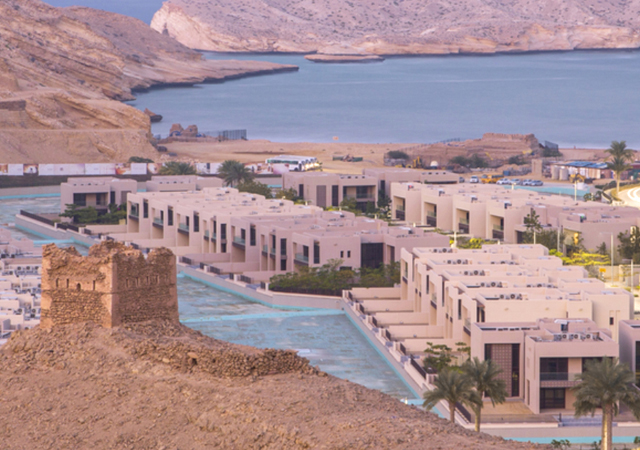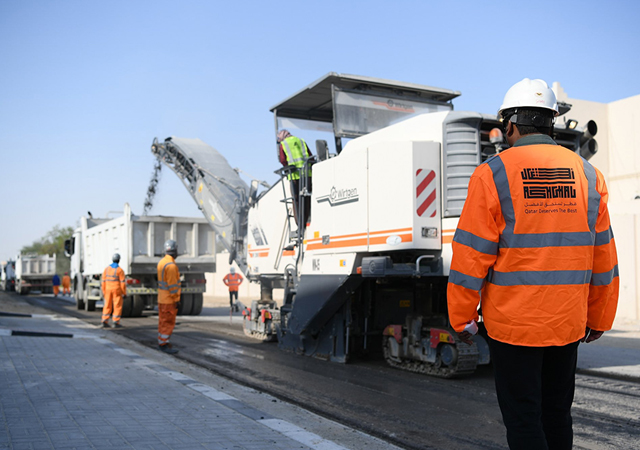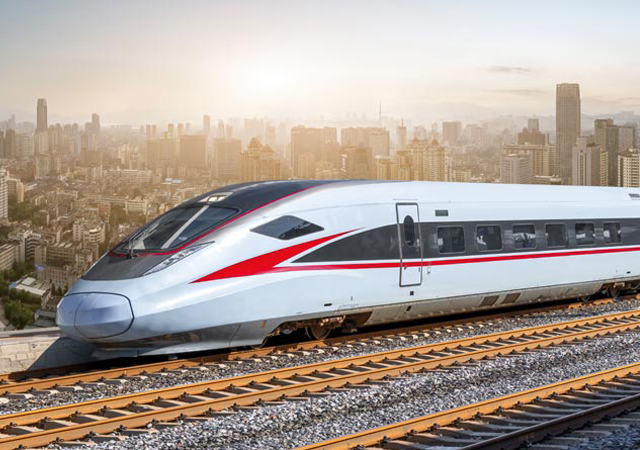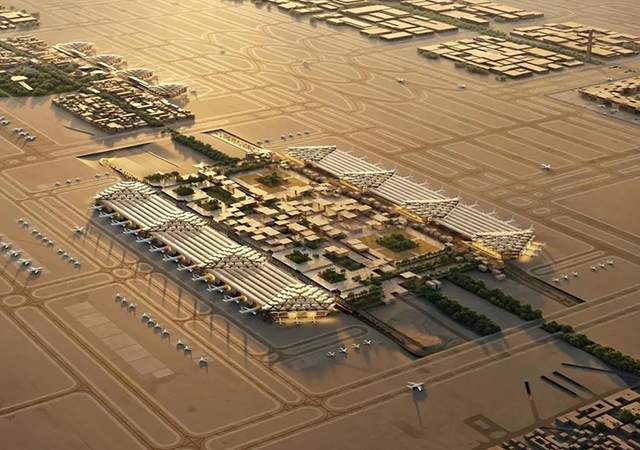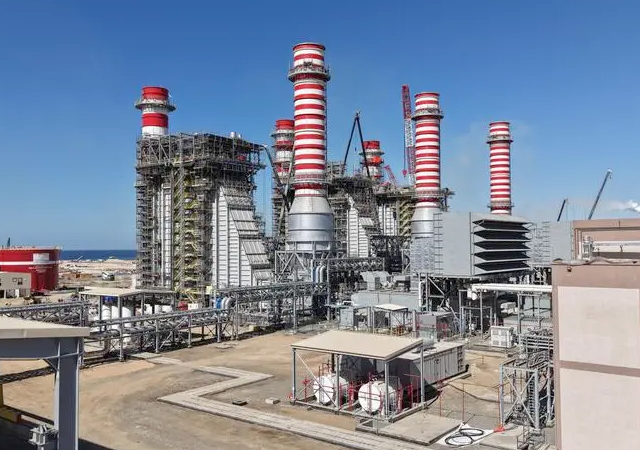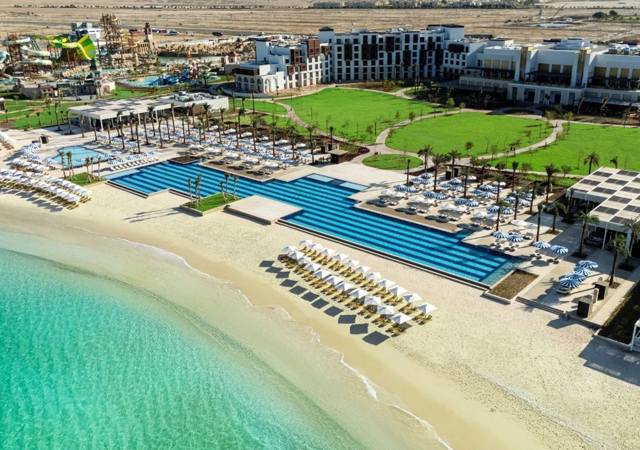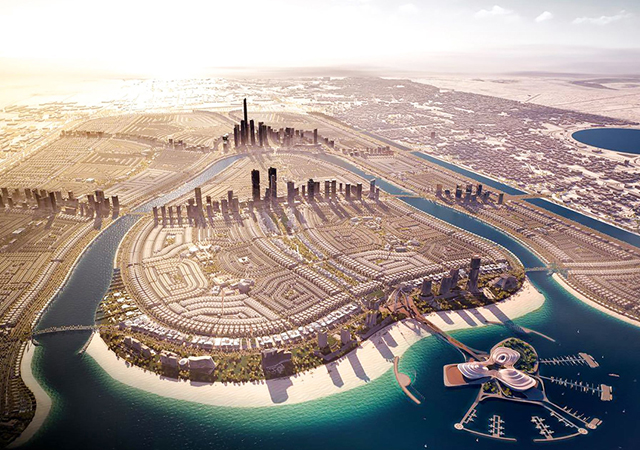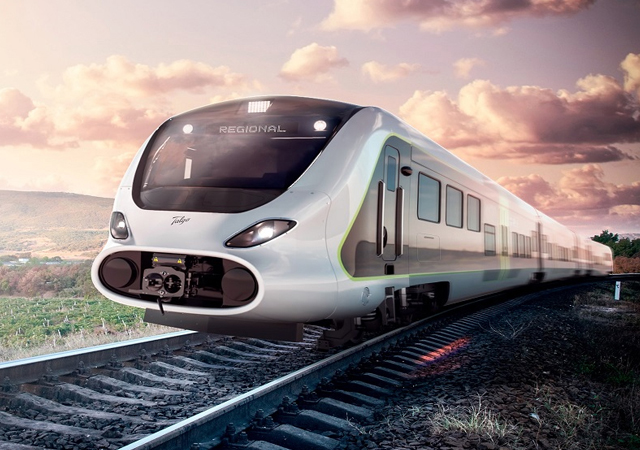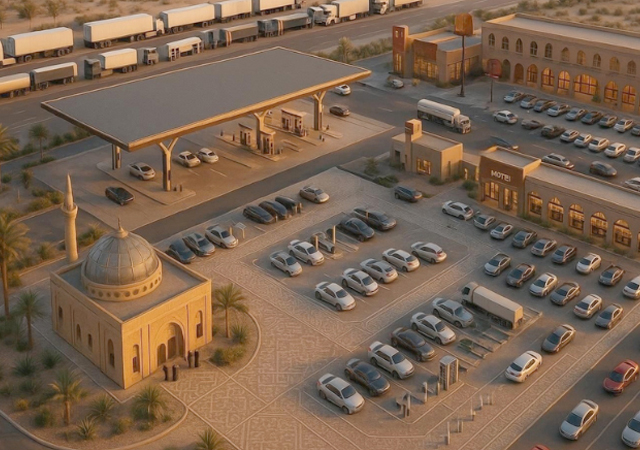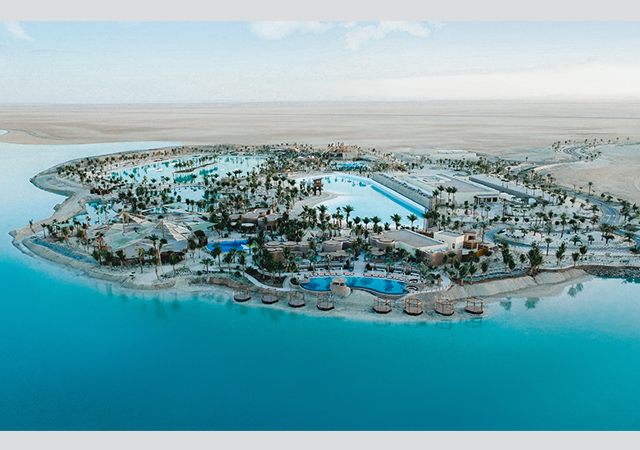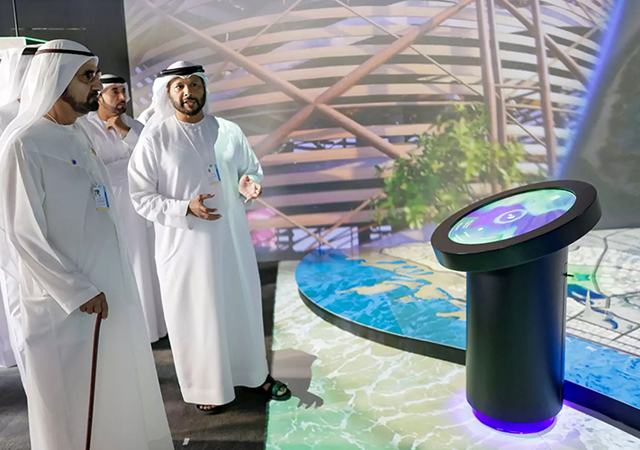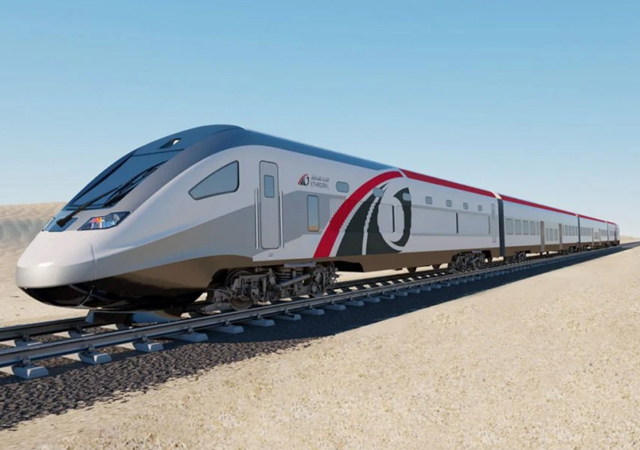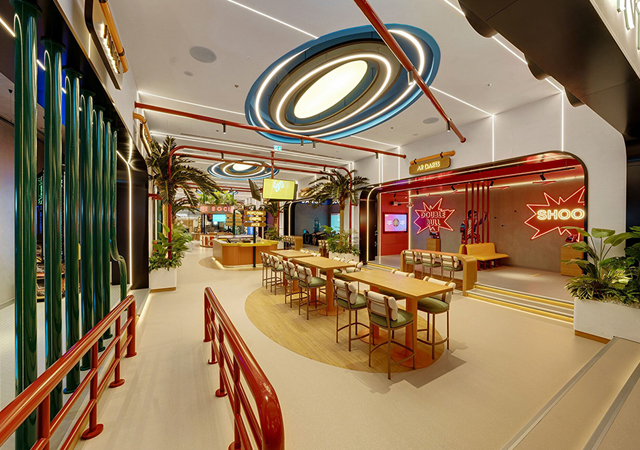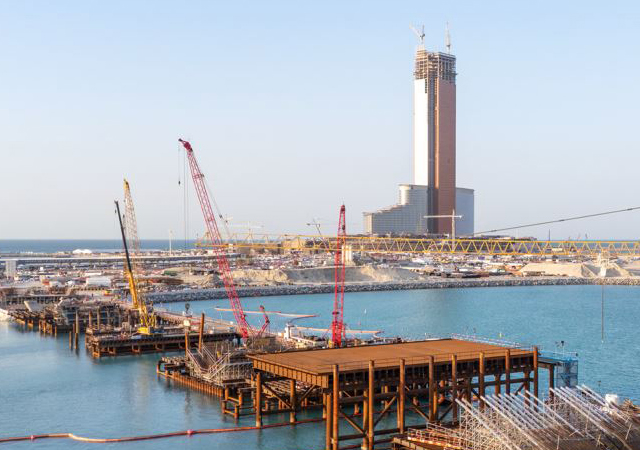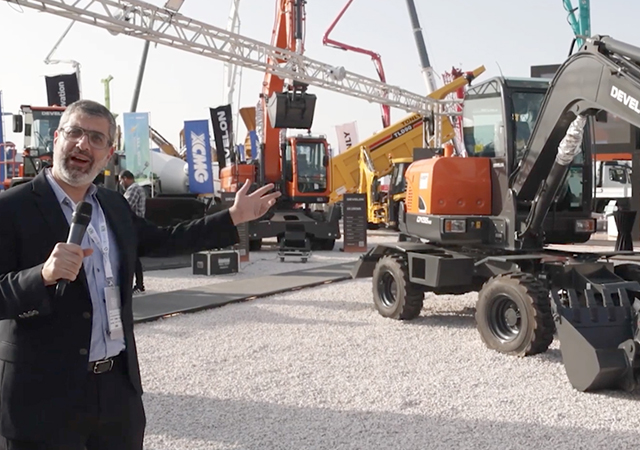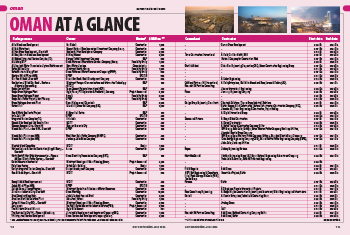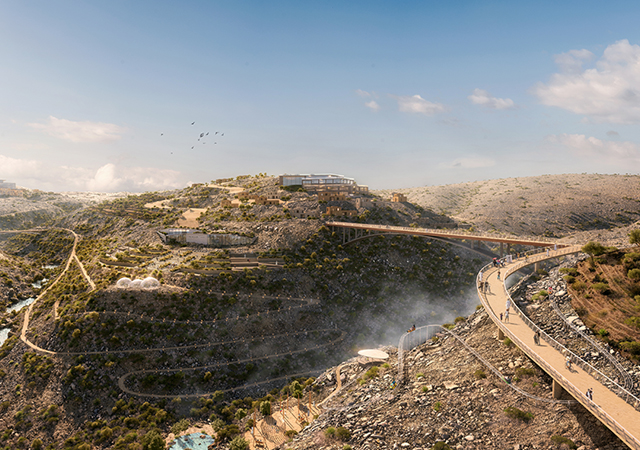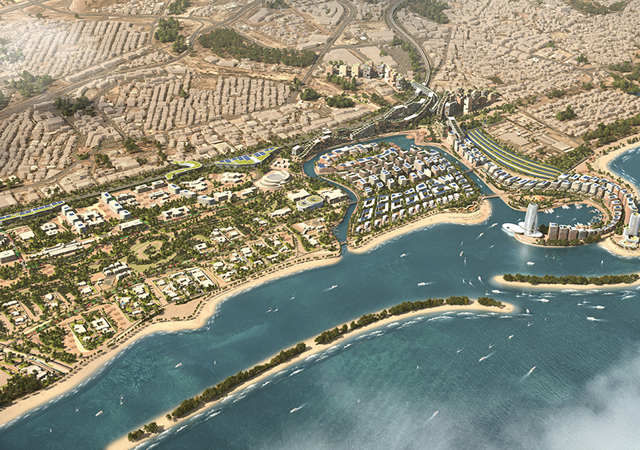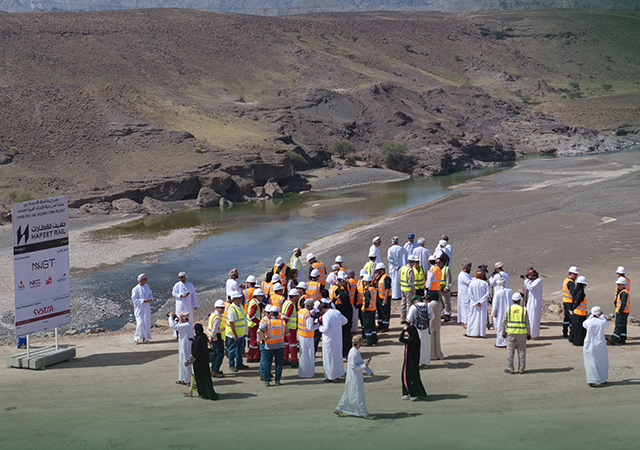

Preparatory works have commenced on a landmark railway linking Oman and the UAE, according to Hafeet Rail, which is overseeing the construction of this first-of-its-kind railway network in the sultanate.
A joint venture between Oman Rail and Etihad Rail, Hafeet Rail will operate the railway network linking Sohar Port to the UAE National Rail Network that extends to Abu Dhabi, involving a total project investment of $3 billion.
This comes following the recent signing of the partnership agreement between the stakeholders – namely Etihad Rail, Oman Rail and Mubadala Investment – and the awarding of major contracts for the project to a UAE-Omani alliance comprising companies from both countries operating as one team.
The contract for the civil work has been awarded to a joint venture led by Trojan Construction Group of the UAE and Galfar Engineering and Contracting of Oman. The alliance will also include Tristar Engineering & Construction (TE&C) and National Infrastructure Construction Company (NICC).
The systems and integration contracts for the railway network have been assigned to a partnership between Siemens and HAC.
The trains will utilise the European Train Control System (ETCS) Level 2, which is the most advanced system of its kind in the world. This ensures the highest levels of efficiency and safety in accordance with international standards and best practices. Therefore, the network’s infrastructure will include full digital train control and tracking through GPS technology, enhancing the network’s reliability.
.jpg) |
|
The site visit showcased key locations where preparatory works are under way. |
Suhail bin Mohammed Al Mazrouei, the Minister of Energy and Infrastructure, comments: “The Hafeet Rail will connect two Gulf countries and align with the Gulf Railway, embodying a pioneering GCC vision. The project aims to be a fast and efficient means of connection, reducing car traffic and carbon footprint.”
The network is expected to significantly reduce travel distance compared to traditional routes and will enable both freight and passenger transportation.
The railway line extends from the existing network in the UAE, specifically from the Al Wathba area to the city and port of Sohar, passing through diverse geographical areas from desert to mountainous and valley regions, and running alongside Jebel Hafeet, a majestic mountain towering over the UAE-Oman border, which inspires the name of Hafeet Rail.
The passenger rail services will connect population centres, with trains reaching speeds of up to 200 km per hour, covering the distance between Sohar and Abu Dhabi in 100 minutes, and Sohar and Al Ain in 47 minutes. Each train can accommodate up to 400 passengers
The project involves the construction of 60 bridges, some reaching impressive heights of 34 m, alongside tunnels stretching 2.5 km. According to Hafeet Rail, cutting-edge rail technologies will be used and innovative engineering solutions designed to conquer the region’s challenging terrain and weather conditions. Safety remains paramount, with the network adhering to the highest international standards, Hafeet Rails ays.
Late last month, the construction site of the railway was visited by senior officials from Oman’s Asyad Group – parent company of Oman Rail – and Hafeet Rail’s executive management team, along with project contractors and consultants.
The visit highlighted the project’s critical role in bolstering local and regional trade, fostering economic diversification, and strengthening bilateral relations between the two nations.
Ahmed Al Bulushi, Chief Executive Asset Management at Asyad Group, commended the project’s engineers and architects for their ingenuity in bringing this visionary project to life. He underscored the commitment of both Oman and the UAE to expedite the project’s completion and reap its multifaceted benefits.
The site visit showcased key locations where preparatory works are under way, including Wadi Al Jizi, where a towering 700-m bridge, envisioned as an engineering marvel, is planned.
Hafeet Rail emphasised its commitment to quality, safety, and environmental stewardship throughout the construction phases.
The project boasts significant cargo handling capacity, offering a dependable and efficient alternative to slower and less sustainable road-based transportation. The network connects five major ports and several industrial and free zones across both countries, promising a 40 per cent reduction in shipping costs and a 50 per cent decrease in transit times.
The project is expected to unlock substantial opportunities for small and medium-sized enterprises (SMEs) in construction, engineering, and logistics, stimulating domestic economic growth and innovation. By linking major ports, Hafeet Rail empowers local SMEs to import, export, and distribute goods more efficiently, enhancing their global competitiveness.











